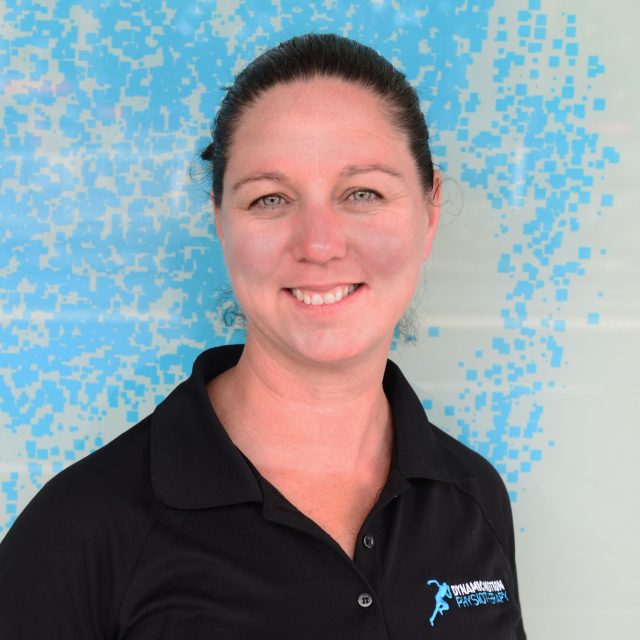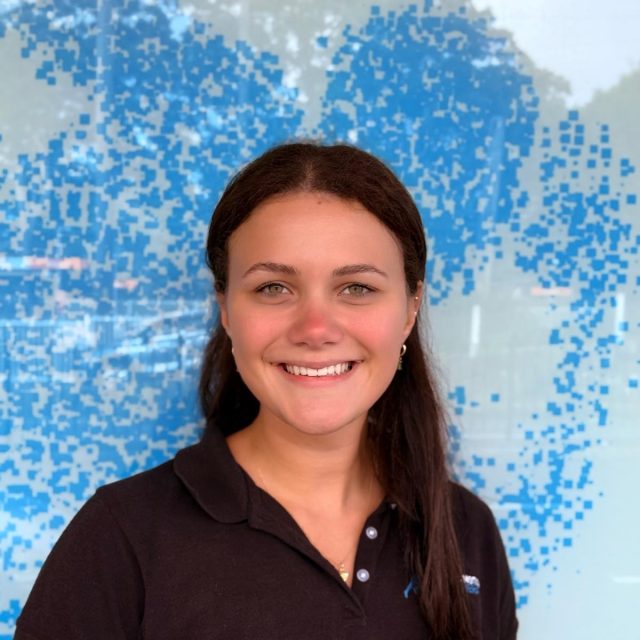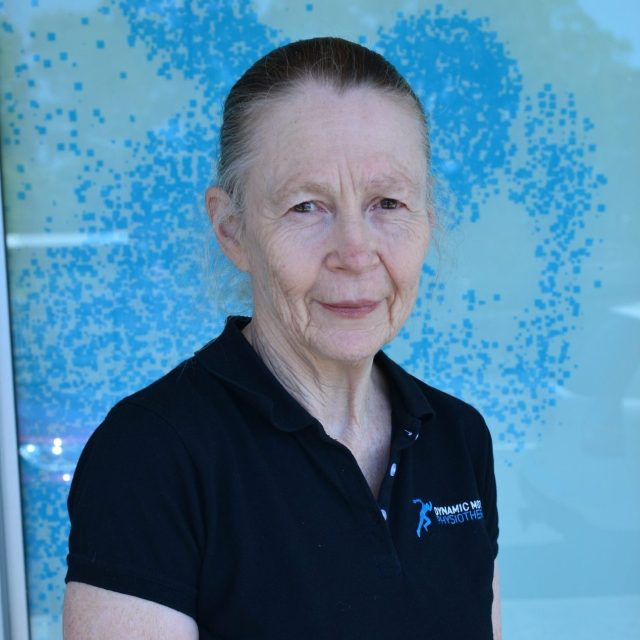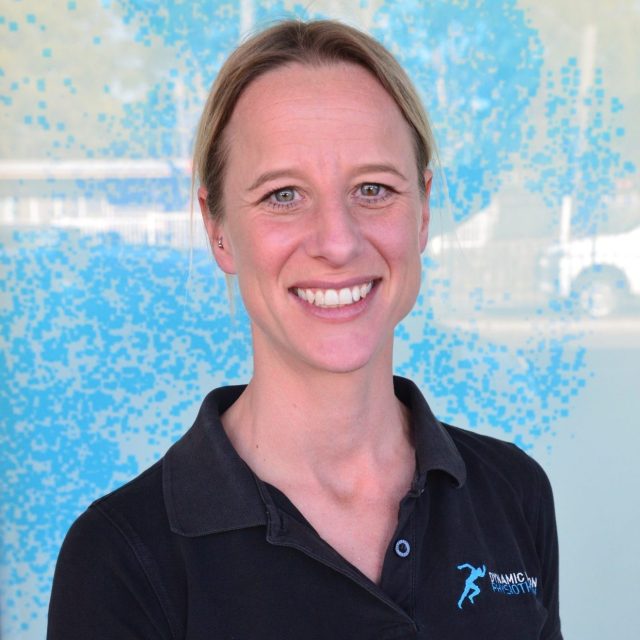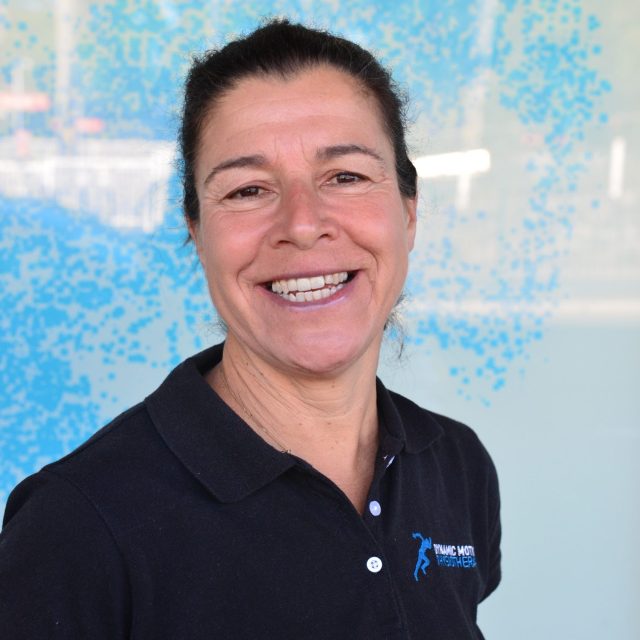Do you have Long Covid and or POTS or are you struggling to recover from a bout of Covid 19?
Safe and effective rehabilitation is fundamental in a multi-pronged approach to long Covid recovery.
Rehabilitation for LONG covid must be individualized and specific to the individual based on their symptoms, lifestyle and health background
Regardless of your symptoms your Accredited Exercise Physiologist will treat you as an individual and get to know you and the underlying causes before starting any treatment
Firstly, what is long Covid?
Long COVID has been preliminarily defined as the presence of signs and symptoms that develop during or following an infection consistent with COVID-19 which continue for 12 weeks or more. Typically, it is referred to as acute COVID-19 until 4 weeks and ongoing COVID-19 from 4 to 12 weeks
Long COVID affects people who have been hospitalised with acute COVID-19 and those who recovered at home. Individuals who have experienced either mild or severe COVID-19 can go on to have prolonged symptoms or develop Long COVID.
Most people living with the disease were previously fit and healthy. Children experience Long COVID symptoms similar to adults and at about the same frequency.
MANAGEMENT & REHABILITATION OF LONG COVID:
Safe and effective rehabilitation to support the patient may include:
– Activity pacing
– Heart rate monitoring
– Heart rate variability monitoring
– Gentle and appropriate movement and education
– Collaborating with other health care professionals where appropriate/ desired
Various tests and assessments may be carried out to understand and find the possible causes of some symptoms such as:
– Breathlessness
– Chest pain
– Palpitations
– Fatigue and Post Exertional Malaise
– Fainting and or dizziness
– Low oxygen saturation
– Pain
– POTS
Fatigue and Post exertional symptom exacerbation (PESE or PEM)
Fatigue is a feeling of extreme exhaustion and is the most common symptom of Long COVID. It: • is not easily relieved by rest or sleep • is not the result of unusually difficult activity • can limit functioning in day-to-day activities • negatively impacts quality of life
PESE/PEM
Post-exertional symptom exacerbation (PESE) is a disabling and often delayed exhaustion disproportionate to the effort made. It is sometimes described as a “crash”. The activity that can trigger this worsening of symptoms can be something that was easily tolerated before, such as: • a daily activity (eg a shower) • a social activity • walking (or other exercise) • reading, writing or working at a desk • an emotionally charged conversation • being in a sensory environment (eg loud music or flashing lights)
If you are interested in a consultation with Deb, please call 94771997 and ask for a “LONG COVID” initial assessment. Health fund rebates may apply.
About me:
Deb Eveniss BSpSc, MClinExPhys, ESSAM
I am an Accredited Exercise Physiologist with a Masters of Clinical Exercise Physiology. I have worked with many chronic and or acute health conditions including neurological, cardiovascular, respiratory, musculoskeletal, cancer, diabetes and more. I have recently studied and extensively researched long covid and pots as well as currently recovering from my own long covid experience. I will provide a safe, supportive and non-judgemental approach to your rehabilitation.
NOTE: The World Health Organization/Emerge AUS/Aus POTS Foundation recommends that Long COVID rehabilitation should include educating people about resuming everyday activities conservatively, at an appropriate pace that is safe and manageable for energy levels within the limits of current symptoms, and exertion should not be pushed to the point of fatigue or worsening of symptoms.




